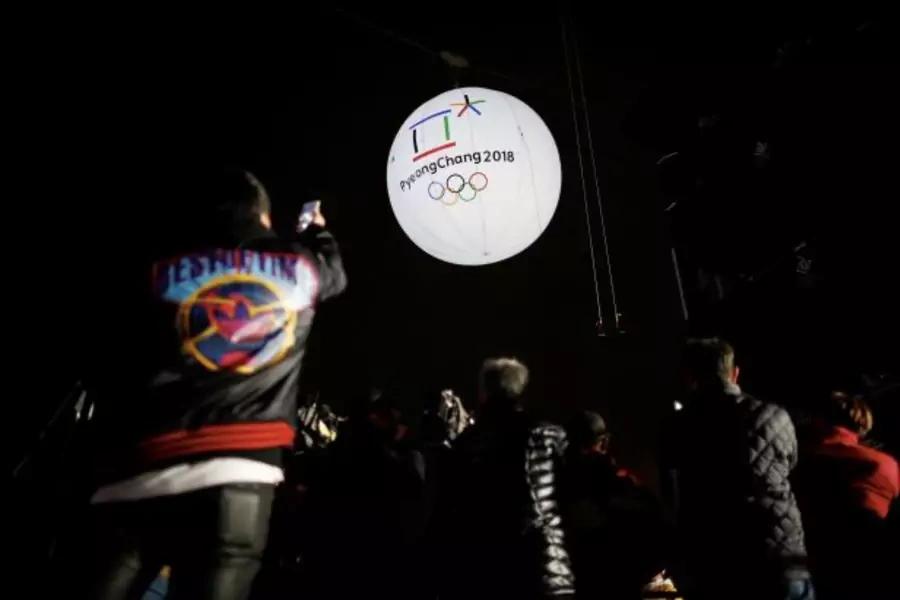The Winter Olympics and the Paradox of South Korea’s Global Reach and Its Regional Constraint

More on:
The war of words between Donald Trump and Kim Jong Un in recent months has virtually drowned out the voice of South Korea, which has an existential stake in the avoidance of full-blown conflict on the Korean peninsula. But the opening inter-Korean peace talks in advance of South Korea’s hosting of the 2018 Winter Olympics in Pyeongchang next month have provided South Korean President Moon Jae In with a rare opportunity. To take full advantage, Moon must overcome his country’s geographically and geopolitically precarious position in between not only the United States and North Korea, but also constrained by regional rivalries between China on the one hand, and Japan and the United States on the other.
More on:
 Online Store
Online Store